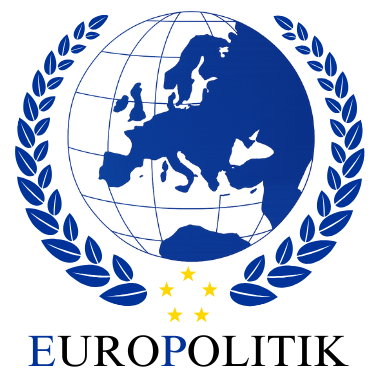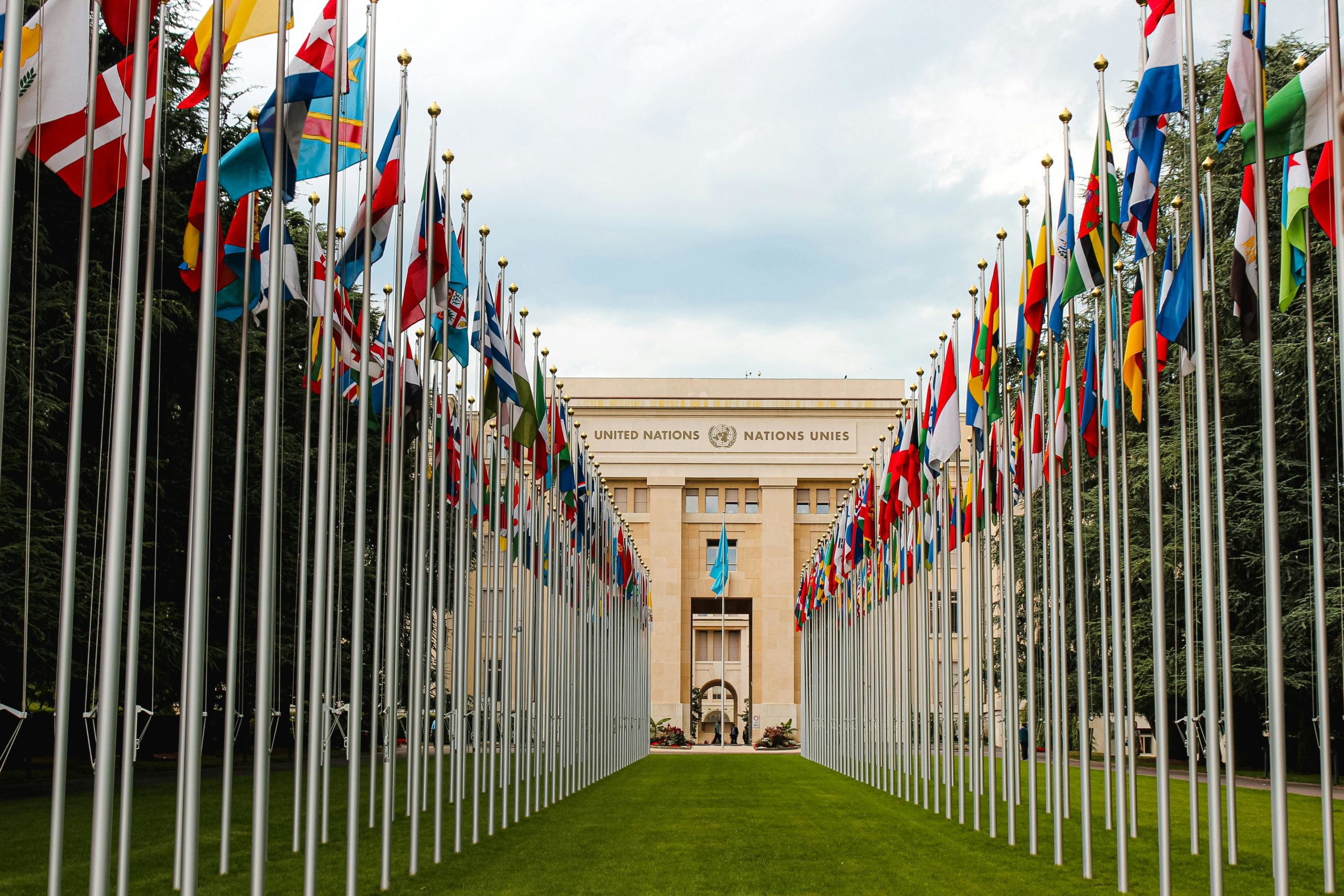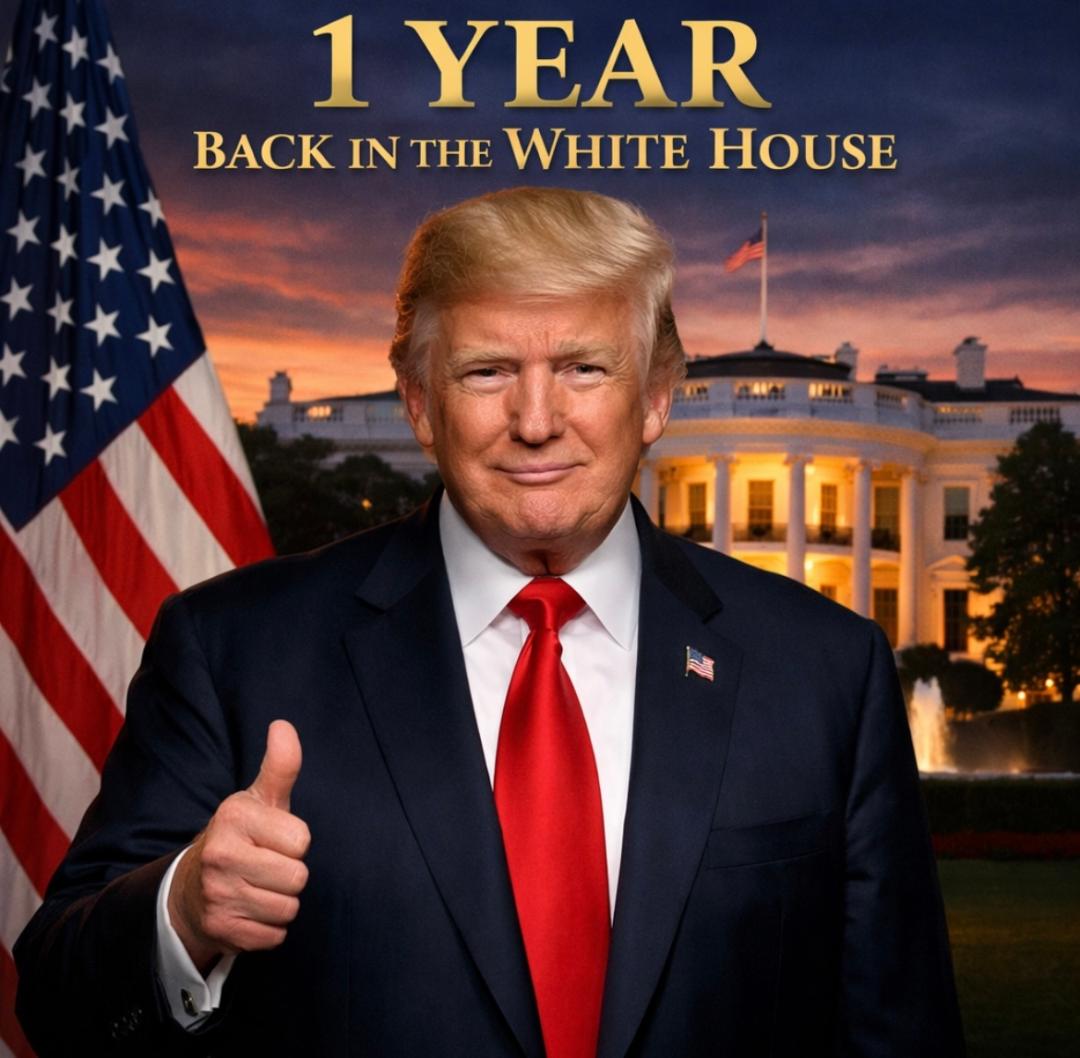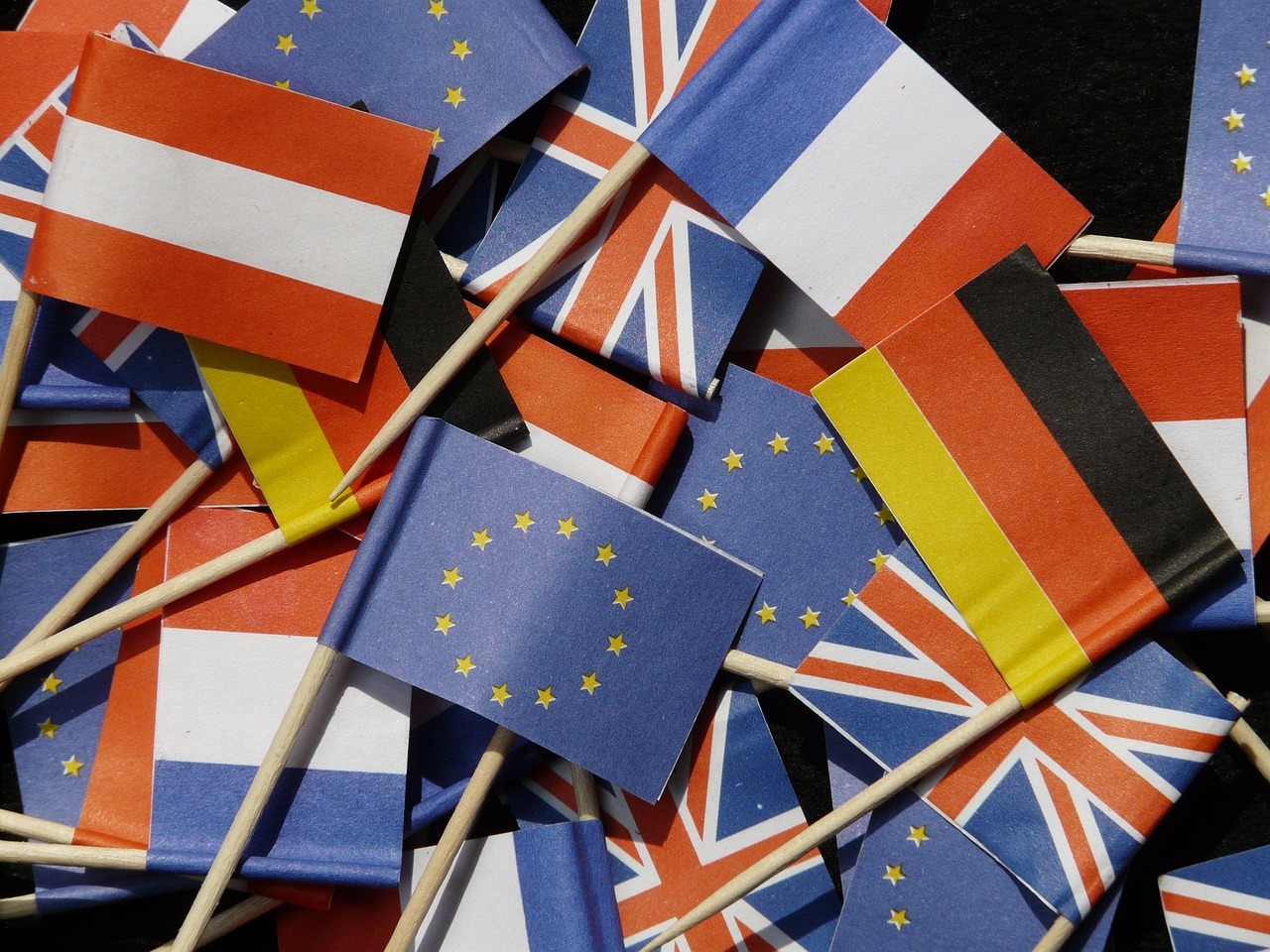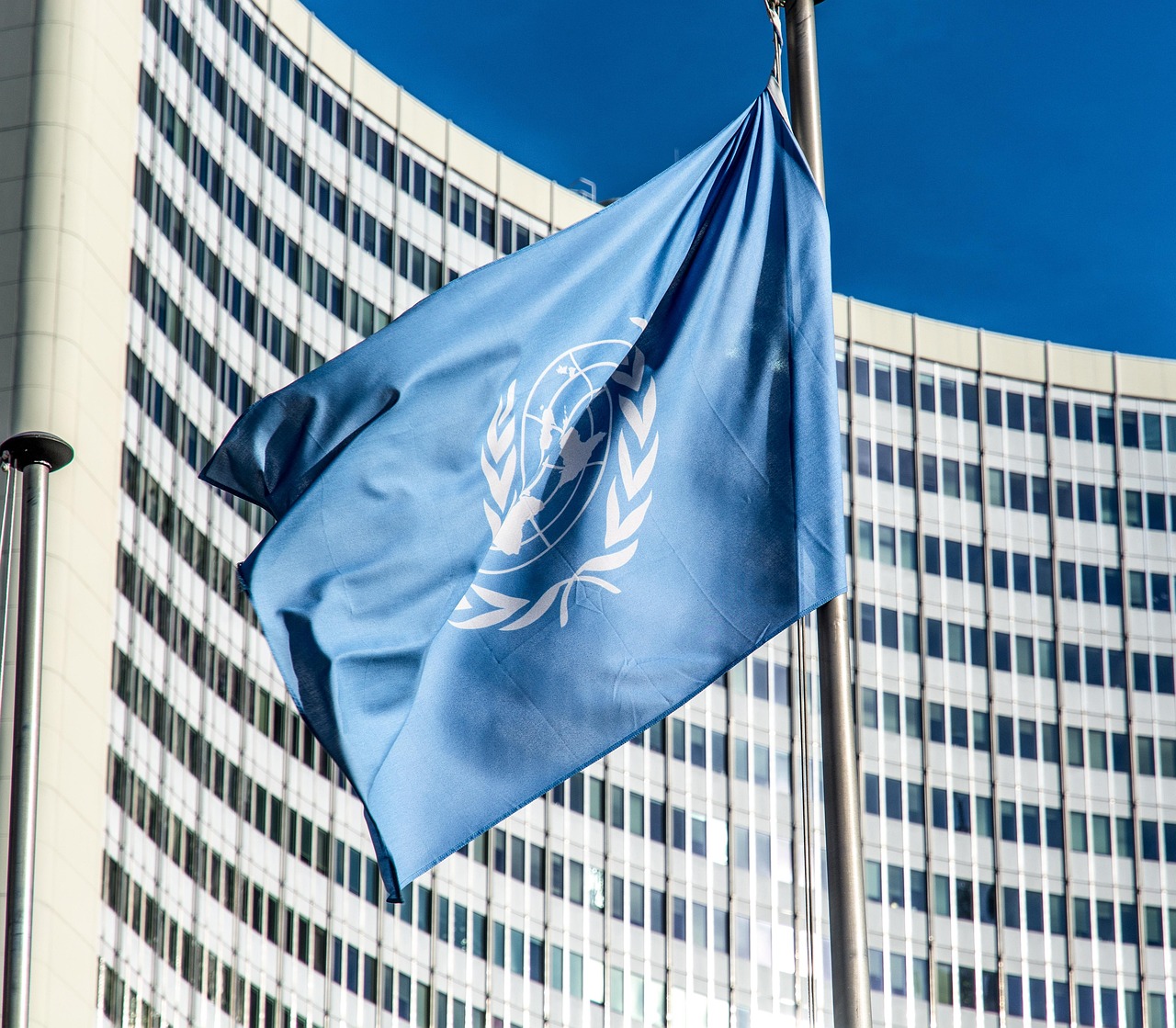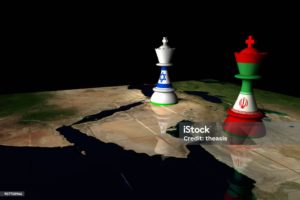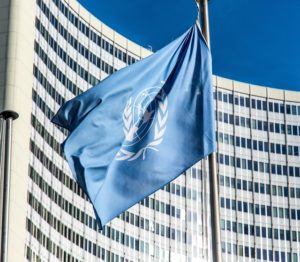The end of the multilateral system has long been predicted. It is clear that for too long, Western powers have rested on their laurels, benefiting from an international order inherited from the end of the Second World War to their own advantage. They have refused to modernize it and adapt it to new global geopolitical parameters. For fear of losing influence, of course, this has gone so far as to violate the principles of international law that they claimed to defend alone against all others. This is where frustration and hatred against the United Nations have flourished. De-Westernization on one side of the world and the acceleration of the Orientalization of the globe on the other.
Since the fall of the USSR and the end of the Cold War in 1990, a new part of the world has emerged, led in particular by China, which challenges international institutions it deems too pro-Western. In reality, Western countries have often weakened multilateralism by circumventing or violating international law. The military intervention in Iraq in 2003, launched without the approval of the UN Security Council and based on false evidence of weapons of mass destruction, is a prime example. This war profoundly eroded the moral credibility of Western powers and weakened the authority of the UN. In Libya in 2011, the NATO-led intervention was initially justified by a UN resolution aimed at protecting civilians. But it quickly transformed into a regime-change operation, leading to the fall of Gaddafi and lasting chaos. Regarding Israel, Western powers have regularly turned a blind eye to violations of international humanitarian law. At the same time, they have given a free pass to Islamist movements like Hamas and Hezbollah, which have never been questioned. The West’s inaction has fueled a sense of injustice and impunity. His selective use of international law has allowed other powers, such as Russia and China, to justify their own violations. This double standard has emptied the notion of an international order based on common rules and fostered a return to the logic of power relations.
Many in Europe and elsewhere believe that Donald Trump is driving the final nail into the coffin of this formerly Western-dominated world. Despite his sovereignist rhetoric, Donald Trump is indeed seeking to maintain American supremacy and rally the West behind him, albeit by force. His approach is not that of classic multilateralism based on international institutions, but rather that of assertive leadership, founded on power and national interest. He believes that the United States must remain the world’s leading power, not by sharing its authority, but by imposing its vision and demanding the loyalty of its allies. Trump knows that the United States cannot contain Chinese power alone, or face current global threats. He is therefore playing a paradoxical card: that of a unilateralist leader who seeks to unite the West under his banner, but on his terms. His objective is clear: to restore American hegemony and maintain a united Western world dominated by Washington. It’s up to us to choose what we want with the cards we have.
